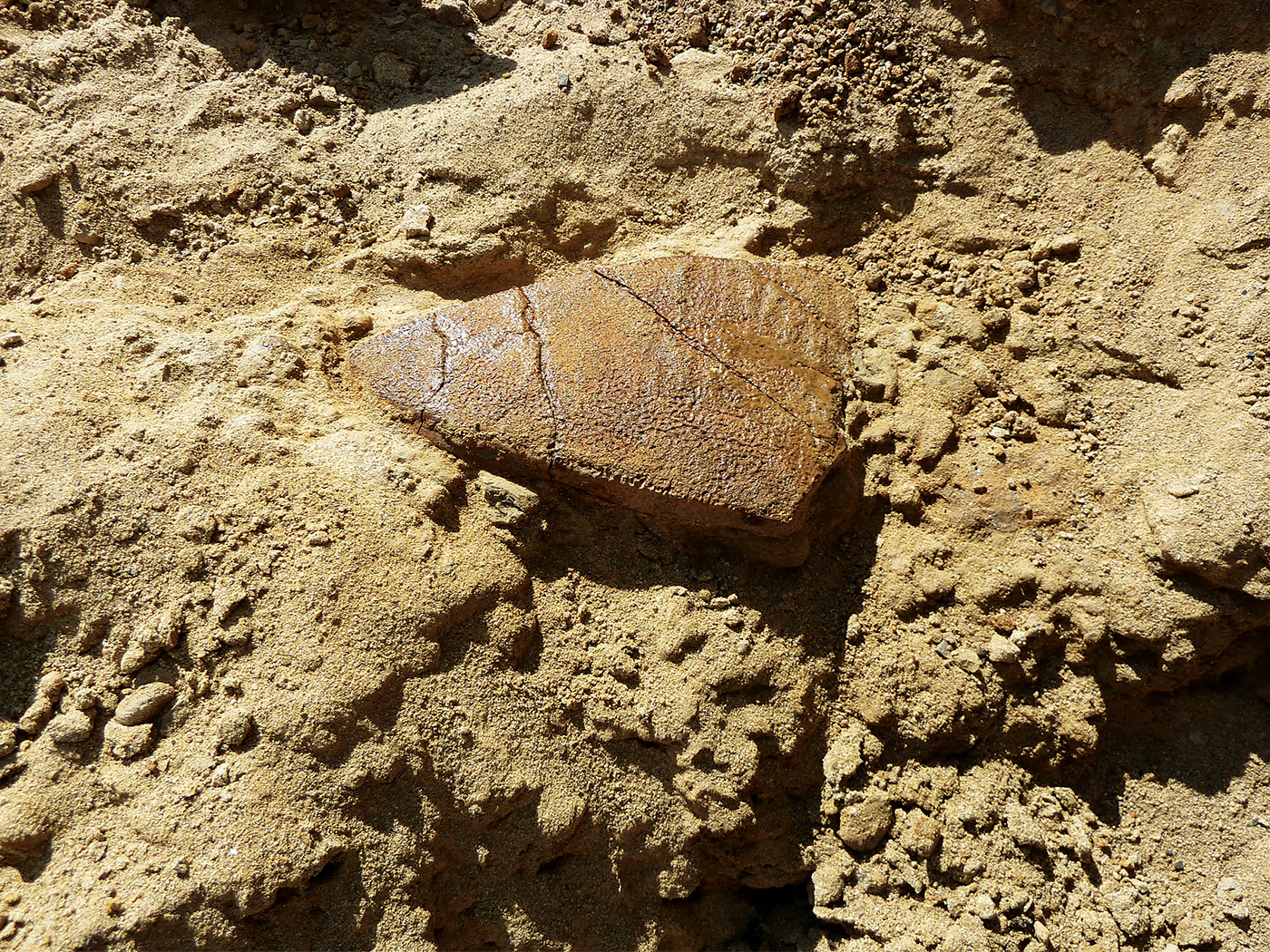“For even hereunto were ye called: because Christ also suffered for us, leaving us an example, that ye should follow his steps.” (1 Peter 2:21)
Some scholars have concluded that the four verses following our text were set to music and sung by the early Christian church. The hymn constitutes a praise of Christ for His nature and work. Let us look at it, with insights from the Greek not always apparent in the English.
Stanza One: His character. “Who did no sin, neither was guile found in his mouth” (v. 22). The words “no, neither, found” imply a careful scrutiny, with no sin or guile (i.e., craftiness) found. Total perfection.
Stanza Two: His life. “Who, when he was reviled [i.e., a bitter, heart-rending wound], reviled not again; when he [continually] suffered, he threatened not [even though He had great resources at His disposal]; but [continually] committed himself to him that judgeth righteously” (v. 23).
Stanza Three: His sacrifice. “Who his own self bore our sins in his own body on the tree [carried up the cross and offered Himself as on an altar], that we, being dead to sins, should live unto righteousness: by whose stripes [literally, one bleeding stripe. Christ was so brutalized by His tormentors that He was simply one big wound] ye were healed” (v. 24). Our healing is past tense, at the point of salvation. It does not refer primarily to physical healing, for in this context, and in Isaiah 53, from which the hymn is quoted, spiritual healing is stressed.
Stanza Four: His mission. “For ye were as sheep going astray; but are now returned [have been turned back] unto the Shepherd and Bishop of your souls” (v. 25).
He has done it all! He lived a sinless life and died as a worthy sacrifice, just so He could turn us back into His blessed fold. JDM

Days of Praise Podcast is a podcast based on the Institute for Creation Research quarterly print devotional, Days of Praise. Start your day with devotional readings written by Dr. Henry Morris, Dr. Henry Morris III, Dr. John Morris, and others to strengthen and encourage you in your Christian faith.






















